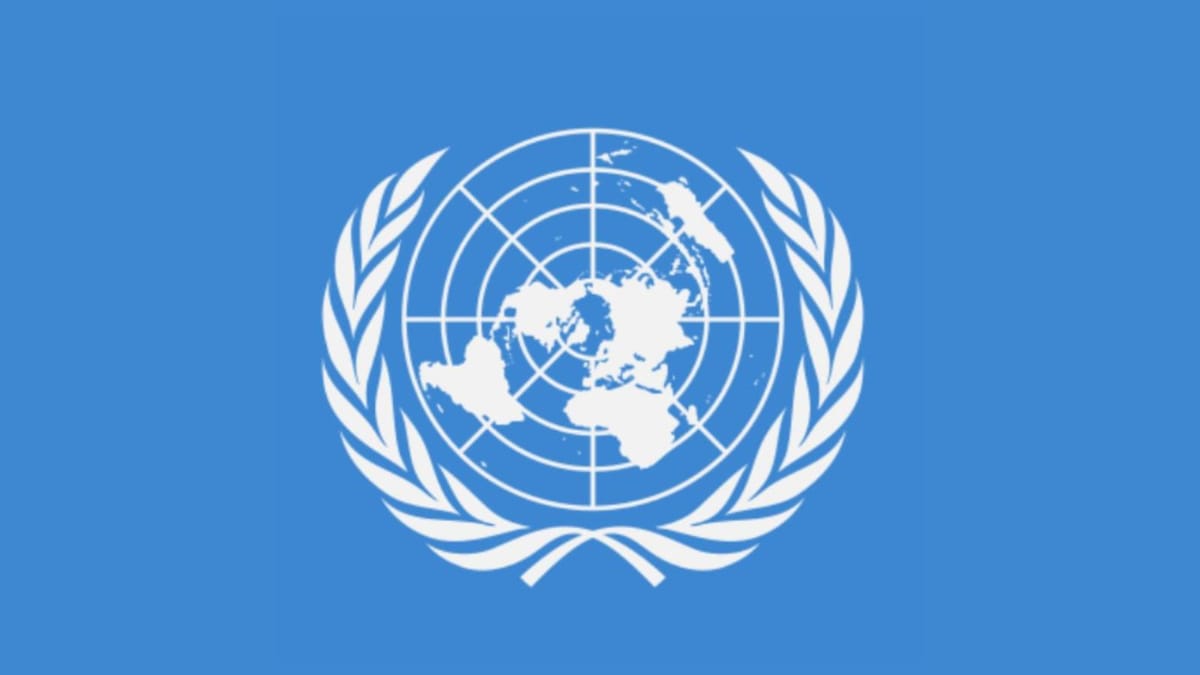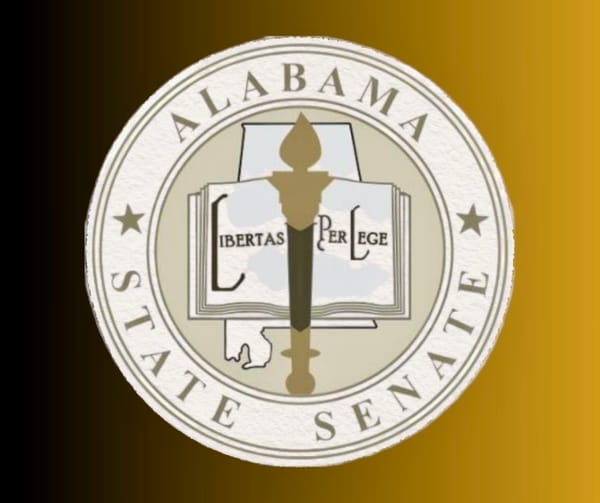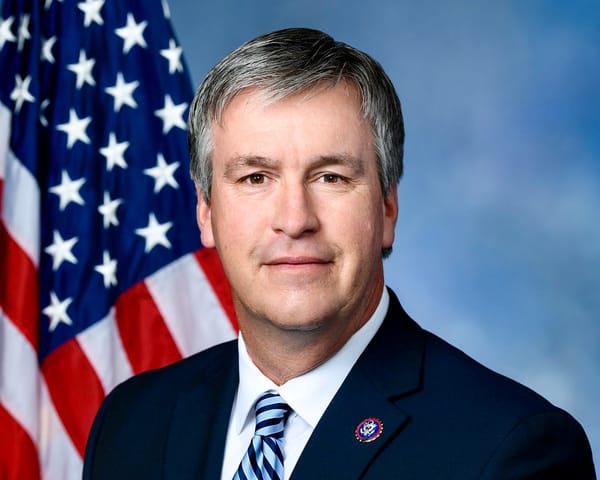The United Nations at the Crossroads
“We cannot disengage from the world no matter how much we are disliked, abused, and misunderstood”—Justice Will Sellers

Guest Opinion by Justice Will Sellers
We are increasingly embroiled in an age in which the truth is an unwanted and uninvited guest.
Leaders, especially in the body politic, have no desire to find the truth, because in finding it, they might have to change, resulting in dire consequences to the longevity of their public service, if not to their constituencies.
The machinations of the United Nations are perhaps the best example of how truth becomes lost in the ideological shuffle.
The U.N. was founded to promote peace among nations and resolve problems according to international laws and without the necessity of war. Preventing unprovoked aggression was one of the reasons to have an international organization to entertain grievances, resolve disputes, and generally act as a global policeman keeping nations within their established boundaries on their best behavior — or the best behavior within the limitations of their cultural ability.
But the UN has failed in its mission and possesses limited authority to form any consensus to live up to its charter. Delegates no longer engage in honest debates, much less discussions of their mission. Rather, the U.N. has become hijacked by ideological debates that no longer attempt to ascertain the truth, but rather promote an agenda based on lies, deception, and blind loyalty.
Regrettably, most of the deception is aimed at undermining the United States, its motives and its national interests.
Within a matter of years after its formation, the U.N. became a puppet for the Russians to ratify their goals and objectives of creating a global communist community. To do this, they had to use the language of freedom, liberty and democracy to justify their actions in conquering if not controlling other countries. They used the idea of open voting to consolidate power and argued for self-determination as a ruse to limit opposition to their fellow travelers.
Blinded by the power of the Russian propaganda machine, the explanation of their actions was accepted almost whole hog. To denigrate the United States, the Soviets repeatedly characterized the U.S. as imperial, colonial, and elite.
Nothing could be further from the truth.
The Russians and their allies knew this, but they also knew the repetitions of these characterizations would eventually become accepted as true.
The Russians were unrelenting and used the machinery of journalism to find or make up examples of how the U.S. was evil. Unfortunately, an entire generation heard these lies over and over again and believed them. Even today, in fact, humanitarian efforts of the United States are seen not as detached generosity, but as the paternalism of a colonial power.
The truth is no longer a defense against an accepted belief,. Once a belief becomes stronger than the truth, the goal, if not the mission, of the society revolves around supporting the belief regardless or in spite of, of any contrary proof. As a direct result, in the international community, the U.S. is often seen as a pariah nation. Our intentions are doubted, our motives questioned and anything we do as a nation is suspect and under intense scrutiny. In short, we are afforded no benefit of the doubt and are guilty until proven innocent.
But the reality is that the world needs the benevolence of the United States. Without our commitment to free trade, the rest of the world would experience economic collapse. If our global military mission did not exist, other nations would be occupied by authoritarian powers. Take away the charitable support of U.S.-based and supported humanitarian programs, and the world would feel no succor from disasters and other cataclysms.
It would be easy to quit the United Nations, recall our troops, and embrace the adage of fortress America. But we cannot disengage from the world no matter how much we are disliked, abused, and misunderstood. Overall, the U.S. is a force for good in the world.
We are a superpower not because we want to be, but because we stumbled upon a dysfunctional world with no organizing principles or decisive leaders. While some nations seek international leadership by self-promotion, the U.S. became an international leader by default. Rather than relishing our hegemony, we accepted our place in the world reluctantly and sometimes seem almost embarrassed by our global power.
The U.S. has never embraced conquest or promoted aggression to achieve our national aims. Our international goals are simple — we want a stable world order in which nations and their people labor and promote their own self-interest, but under a rule of law to prevent violence, stymie war, and promote reciprocal trade where ingenuity and intelligence promote prosperity.
American self-interest has always been infectious and promoted peace, self-determination, and goodwill. Other nations who have joined us understand our commitment to liberty and freedom. America has been and will continue to be a force for good in the world not because we want to be, but because someone must provide global leadership to avoid the listless, all-consuming international crisis.
The United Nations is at a crossroads and has the opportunity to join the U.S. in creating a stable world to realize the aims of its charter established 80 years ago. To do so, it must call out international bad actors, marginalize their influence, curtail their authority, and sanction their economy. Failing to do that, the U.N. will simply continue as a forum for complainers and an ossified organization with influence only among illegitimate authorities who need an international body, no matter how limited in influence, for validation of their failed view of community, order, and decency.
The U.N. needs a new birth of purpose to exist as becomes its charter, and the world needs a forum, inspired by freedom, for honest brokers to debate issues and provide peace and stability. The United States can be a catalyst to liberate the United Nations from ideology to view the world in terms of realpolitik and impose the rule of law by sponsoring free and fair tribunals to resolve disputes, prevent conflict, and stabilize free trade.
Will Sellers is a graduate of Hillsdale College and is an Associate Justice on the Supreme Court of Alabama. He is best reached at jws@willsellers.com.
Opinions do not reflect the views and opinions of ALPolitics.com. ALPolitics.com makes no claims nor assumes any responsibility for the information and opinions expressed above.




